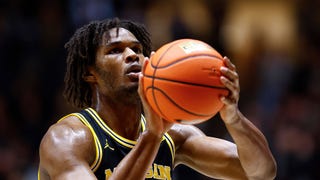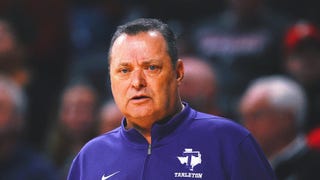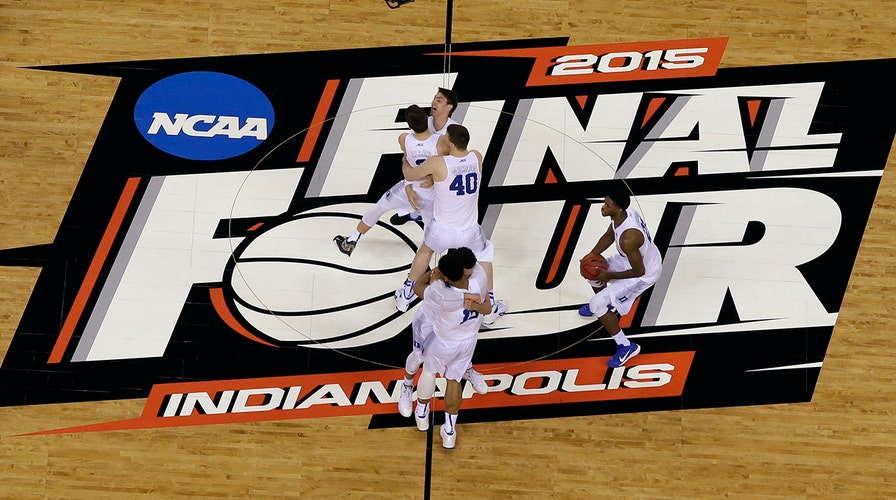Fox News Flash top headlines for November 21
Fox News Flash top headlines are here. Check out what's clicking on Foxnews.com.
Dr. R. Dawn Comstock wants to be clear: She’s a sports fan. As a doctor who works with athletes, she understands the value they bring.
But Comstock is watching what’s happening with college football — all the positive COVID-19 tests and cancellations — and sees college basketball dealing with the same problems of playing through a pandemic that only seems to worsen on a daily basis nationwide.
“My thoughts are that it’s a horrible idea to play,” Comstock, an epidemiology professor at the Colorado School of Public Health and a sports injury expert, said with an uneasy laugh, “but I have no doubt that colleges are going to go through with it anyway.
“To put it real bluntly, with the dramatic increase that we’re seeing in COVID-19 rates across our nation right now, it’s nearly impossible for a college basketball season to move forward safely.”
CLICK HERE FOR MORE SPORTS COVERAGE ON FOXNEWS.COM
Already, a few days before the season opens Wednesday, the virus is impacting college basketball. Several games and non-conference tournaments have either been canceled or postponed because of positive cases. Close to 30 teams are currently in the NCAA’s suggested guideline of a 14-day pause due to a player, coach, team manager or staff member contracting the virus.
The only safe way for college basketball to have a season is engaging in a sport-wide bubble, Comstock said, and at the moment the regular season plan is for traditional travel. Teams can create pseudo-bubbles on campus with students now away for the next two months for an extended winter break, but once they travel for games, players and coaches will get exposed. The virus will spread. It is already happening.
“I don’t see how they can do it,” said Dr. Henry Raymond, an associate professor and epidemiologist at the Rutgers School of Public Health. “They’re going to turn up cases every two weeks, and they’re going to have to keep going back into quarantine.”
College basketball has an advantage over college football: Fewer players, coaches and staff. But it is played indoors, which is a disadvantage because the virus is known to spread more inside. College football, despite no NCAA guideline of a two-week pause, has already had to cancel more than 80 games, and when the season began, positive cases weren’t skyrocketing as they are now.
If college basketball strictly follows testing, masking and social distancing protocols and creates strict bubble environments for their teams, Comstock can see it being relatively similar to college football. But if they cut corners, have fans attend games — as a few programs are planning on, and has been all too common in college football — and treat the virus as an inconvenience rather than a serious danger, bigger problems will arise.
“Then we’re just going to see a college basketball season that is decimated,” Comstock said.
Comstock wondered what would happen if a positive test came back for a player after a game. Does that mean both teams now have to go into a 14-day pause? More important, she said, is further spread of the virus at a time when it is already being transmitted at a rapid rate, the United States inching toward 200,000 new positive tests per day. A number of states have instituted travel restrictions, and the CDC has recommended that people rethink travel for Thanksgiving. More than 250,000 people in the United States have died from the virus, according to Johns Hopkins University.
“At what point do sports begin to become a danger to our society?” Comstock asked. “Is a college basketball season really worth it if playing college basketball is going to increase community spread and probably result in someone dying? Probably not one of the basketball players or the coaches, but the elderly parents of the housekeeper that one of the college players gave it to while they were at the hotel from an away game?
“Is that really worth it? … It’s not a question I can answer, but it’s worth being asked.”









































